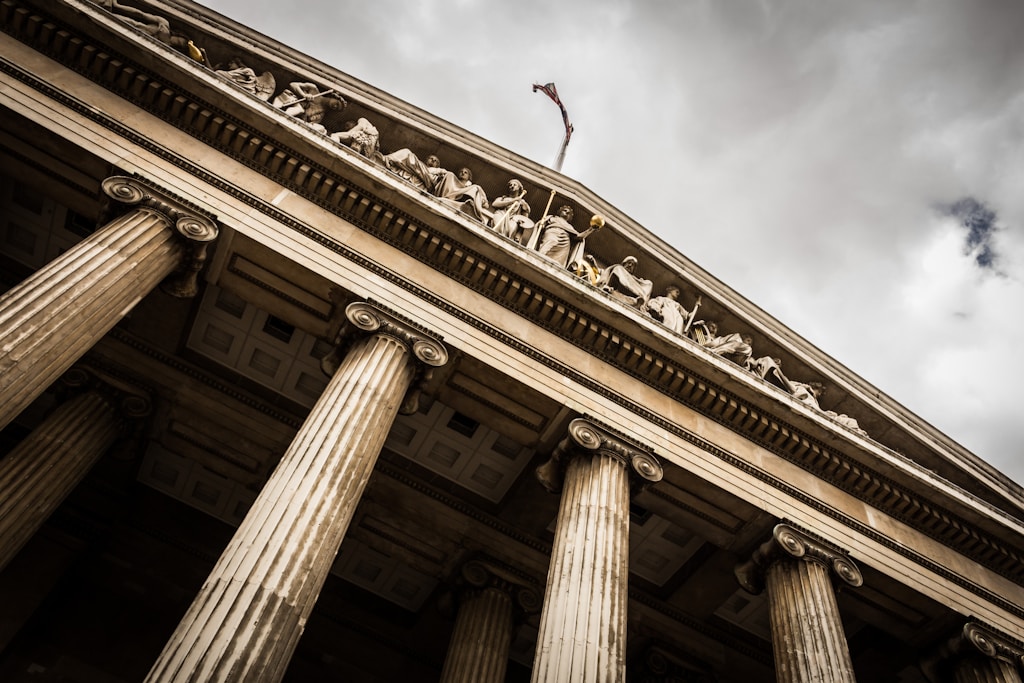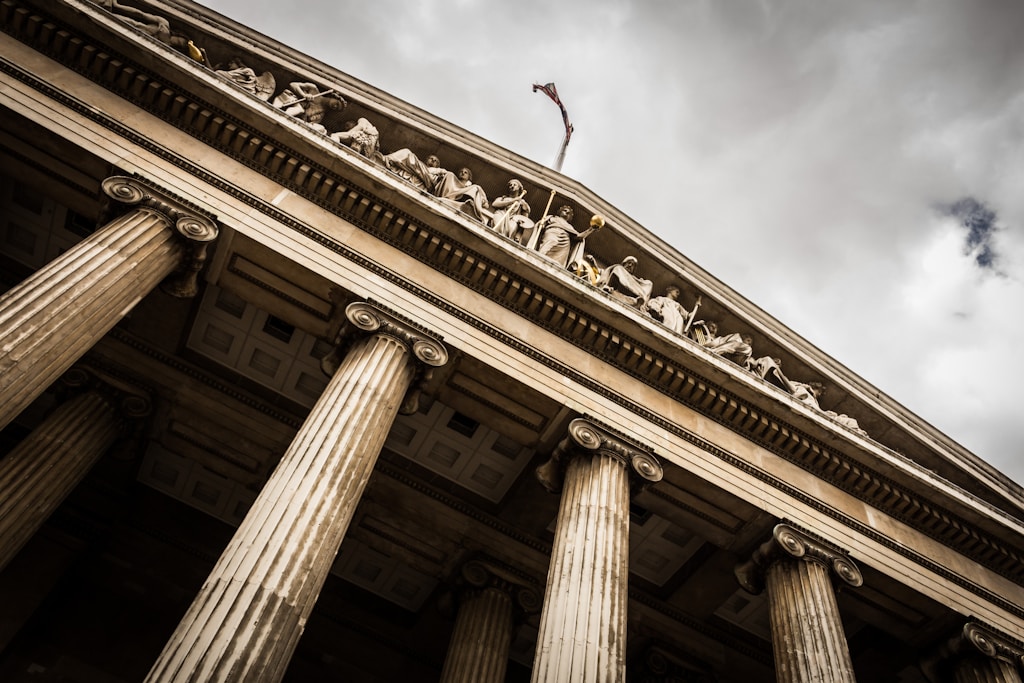The cryptocurrency market buzzed with speculation this weekend after claims emerged that the International Monetary Fund (IMF) had officially recognized Bitcoin as ‘digital gold’ in its latest Balance of Payments Manual (BPM7). However, experts quickly moved to correct these misinterpretations, highlighting the importance of accurate regulatory understanding in the crypto space. As Bitcoin tests crucial support levels around $85,000, this regulatory clarity becomes increasingly vital for market participants.
Understanding the IMF’s Actual Position on Bitcoin
The controversy began when several crypto influencers on X (formerly Twitter) claimed the IMF had officially designated Bitcoin as ‘digital gold.’ These posts quickly went viral, with prominent figures like Max Keiser even suggesting that the IMF would add Bitcoin to its reserves and Special Drawing Rights (SDR) basket.
However, Dennis Porter, CEO of Satoshi Act Fund, provided a detailed analysis of the 1,076-page IMF document, revealing that these interpretations were largely unfounded. The actual text merely describes ‘new digital assets designed to be used as a means of payment or act as a store of value’ – a far cry from officially recognizing Bitcoin as digital gold.
Key Findings from the IMF Report
The report actually classifies Bitcoin as a ‘nonproduced nonfinancial asset,’ placing it in a category more akin to property or commodities than monetary instruments. This classification has several important implications:
- Bitcoin is mentioned only 5 times throughout the entire document
- The manual focuses on tracking cross-border crypto flows
- BTC is treated similarly to other assets like NFTs and stablecoins
- No mention of Bitcoin being added to IMF reserves
Market Impact and Expert Analysis
While the initial misinterpretation caused some market excitement, the clarification hasn’t significantly impacted Bitcoin’s price, which currently trades at $86,889. This comes as overall market sentiment has reached a 6-month low, suggesting traders are more focused on technical factors than regulatory developments.
Frequently Asked Questions
Did the IMF officially recognize Bitcoin as digital gold?
No, the IMF’s BPM7 manual simply categorizes Bitcoin as a nonproduced nonfinancial asset, without making any comparisons to gold.
Will the IMF add Bitcoin to its reserves?
There is no indication in the report that the IMF plans to add Bitcoin to its reserves or SDR basket.
How does the IMF classify crypto assets?
The IMF classifies crypto assets based on whether they have a counterpart liability, with Bitcoin being categorized as a nonproduced nonfinancial asset.
As the cryptocurrency market continues to mature, accurate interpretation of regulatory developments becomes increasingly crucial for investors and traders alike. While the IMF’s latest manual does acknowledge Bitcoin’s role in the global financial system, it stops well short of the revolutionary recognition some social media posts suggested.






